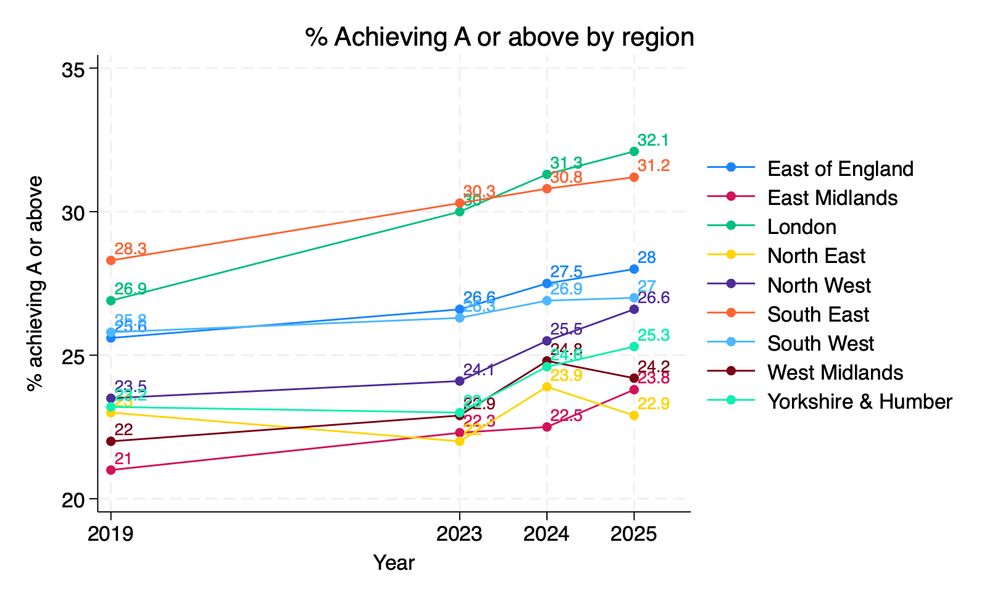Gill Wyness
@gillwyness.bsky.social
4K followers
560 following
100 posts
Economist working on inequality and access to education. Deputy Director of @cepeo-ucl. Research associate of @cep-lse Research fellow @iza_bonn
Posts
Media
Videos
Starter Packs
Reposted by Gill Wyness
Reposted by Gill Wyness
Reposted by Gill Wyness
Gill Wyness
@gillwyness.bsky.social
· Aug 15
Reposted by Gill Wyness
Reposted by Gill Wyness
Gill Wyness
@gillwyness.bsky.social
· Jul 30
Gill Wyness
@gillwyness.bsky.social
· Jul 30
Reposted by Gill Wyness
Matthew A Kraft
@matthewakraft.com
· Jul 17
Gill Wyness
@gillwyness.bsky.social
· Jul 15














